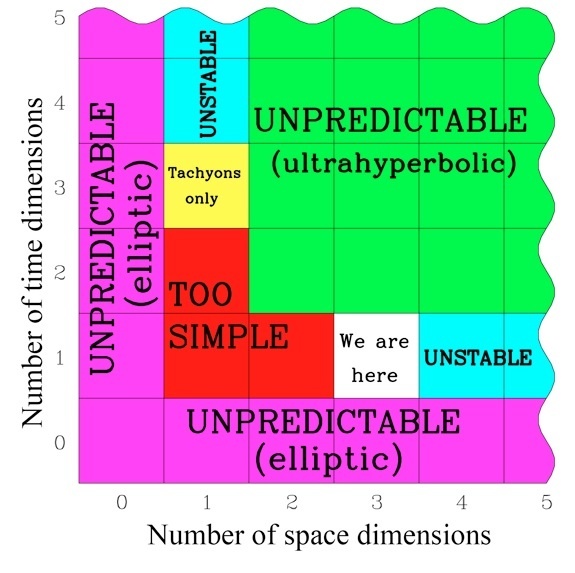Namesakes
My first post covered the mathematical underpinnings of the universe; the second covered geoengineering’s effects on monsoon systems. I’ve gotten both Eudoxos of Knidos and of Kyzikos covered.
My first post covered the mathematical underpinnings of the universe; the second covered geoengineering’s effects on monsoon systems. I’ve gotten both Eudoxos of Knidos and of Kyzikos covered.
Last weekend I saw Snowpiercer. Briefly put, I found it was clever, suspenseful and inventive. It also marks another step towards geoengineering entering the popular consciousness. It begins with planes spreading something called CW-7 into the atmosphere as a means of cooling it, but a miscalculation which ends up plunging the world into an ice age. The mechanics of this aren’t important for the film’s story—they only needed some way for the Earth to get cold—but it’s nice to see intentional tinkering with climate treated as not only dangerous, but potentially more dangerous than our unintentional footprint.
Geoengineering is often treated as some kind of easy way out of climate change. Just find some way to make the Earth’s surface more reflective—distributing sulfate particles in the stratosphere seems to be the most popular choice (simulating the cooling that comes from volcanic...
In the geosciences we tend to think of habilitability as a planetary issue—liquid water, greenhouse gases, plate tectonics, not too wobbly an axis, that sort of thing. I recently finished Max Tegmark’s Our Mathematical Universe (2014, New York: Alfred A. Knopf) and it puts habitability in a broader context. Here’s his mindblowing, if somewhat garishly-colored, chart:

Tegmark’s coming up with the parameters that make up a habitable universe, namely the number of dimensions in space and time rather then, say, distance from the sun or axial precession. Too few dimensions and you can’t have solar systems or a lot of biological structures (Tegmark specifically calls out neural connections); too many you can’t have atoms. Add more than one dimension of time and it no longer makes sense to evolve any sort of intelligence—what’s the point of evolving a nervous system if time doesn’t unfold in...